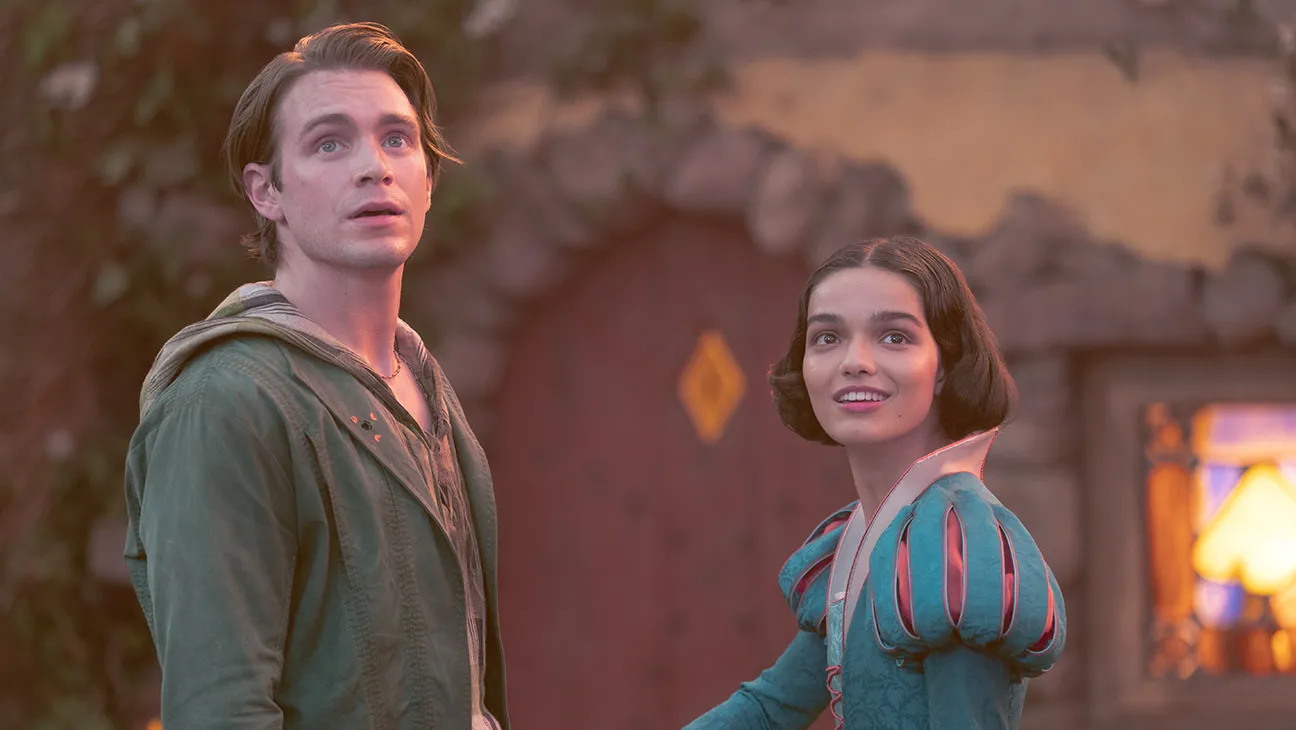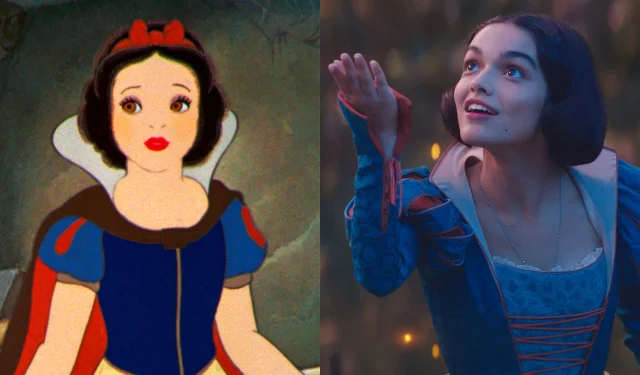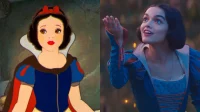[This article contains spoilers regarding the live-action remake of Snow White.]
Controversy Surrounding the Snow White Remake
Rachel Zegler sparked considerable debate when she addressed her casting as the lead in Disney’s 2025 remake of Snow White. Her criticism of the original 1937 film’s portrayal of female strength faced backlash from vocal corners of social media. Despite the controversy, Zegler’s insights highlight the necessity for a modern reinterpretation of stories that resonate with contemporary audiences.
The Need for Change
Similarly, actor Peter Dinklage expressed his concerns over revisiting a narrative where a fair maiden interacts primarily with seven dwarfs. Both Zegler and Dinklage raise valid points that any successful remake must address outdated themes and provide fresh perspectives.
A Balancing Act in Remaking a Classic
The new iteration of Snow White navigates a delicate balance, aiming to pay homage to its predecessor while forging a new path. This live-action adaptation seeks to retain the enchanting essence of the original while appealing to modern sensibilities—an endeavor that reflects a crucial shift in storytelling preferences.
Expanded Storylines and Characters
While the remake follows the iconic story framework—featuring the beautiful Snow White (Rachel Zegler) facing the jealous Queen (Gal Gadot) and forming bonds with her dwarf companions—the love story receives a significant overhaul. Gone are the passive elements; Snow White actively pursues her desires rather than waiting for her prince. Enter Jonathan (Andrew Burnap), a charismatic bandit reminiscent of Flynn from Disney’s Tangled.
Although Zegler and Burnap exhibit a commendable chemistry, the reliance on “true love’s kiss”to revive a poisoned Snow White raises eyebrows. The retrograde notion of needing a man to save a woman feels less relevant in today’s narrative landscape, detracting from the film’s otherwise progressive tone.

Giles Keyte/Disney
Character Development: The Case of Dopey
In contrast to the revamped romance, the portrayal of Dopey raises concerns. While the seven dwarfs appear in the film, the traditional term “dwarf”is notably absent. Instead, the visual representation opts for a contentious, “photo-realistic” style. A major alteration involves Dopey, who, unlike his mute animated counterpart, now possesses a voice. The film opens with a narrative montage, revealing that Dopey (voiced by Andrew Barth Feldman) narrates Snow White’s backstory, culminating in an unexpected character arc that sees him vocalize due to Snow White’s encouragement.
Additional Changes and New Music
The revisions extend beyond major characters; Jonathan is portrayed not just as a love interest but as part of a band of performers championing noble causes, including honoring Snow White’s late father. Moreover, the film introduces several new musical numbers, though these lack the enchanting quality of the original classics, even as they incorporate new lyrics from songwriters Benj Pasek and Justin Paul.
Nostalgia vs. Modern Sensibilities
By remaking Snow White, Disney dives into a complex heart of nostalgia while confronting problematic elements present in earlier works. Films like Lady and the Tramp and Dumbo faced similar scrutiny for their cultural insensitivities, compelling Disney to modernize these narratives responsibly.
The challenge lies in reimagining beloved tales without alienating fans who cherish the original films. This new adaptation of Snow White aims to both challenge and satisfy expectations, yet it risks diluting its impact by attempting to please everyone while stirring minimal emotional engagement.
Final Thoughts
Ultimately, while the new Snow White seeks to subvert traditional narratives from the 1937 classic, it retains elements that can feel outdated. The film illustrates the ongoing struggle within Disney’s remake strategy: balancing nostalgia with a desire for progressive storytelling, often resulting in a muddled experience that lacks a defined direction.


